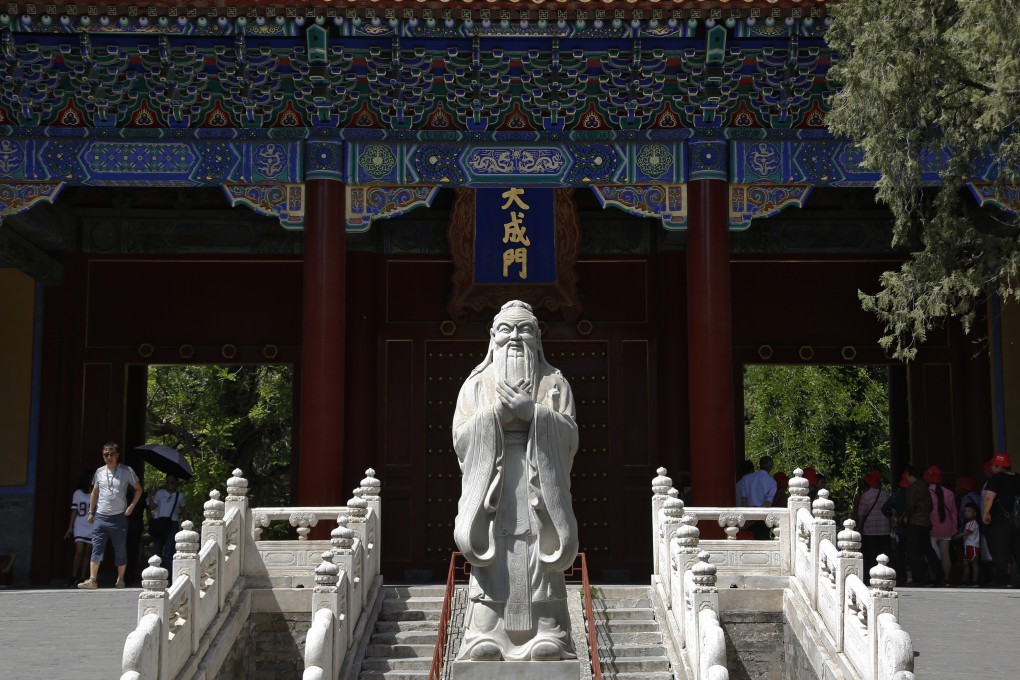My Take | How Chinese talk differently about dictatorship than Westerners
- Contemporary debate on some historical Confucians being closet Legalists is not just academic but bears directly on Chinese politics today

In the Analects, Confucius is always saying, “I follow the Zhou.” This may be confusing for first-time readers, but for those in the know, it was a rallying cry. The Zhou stood for the golden age from which Confucius drew his lessons on rites, manners, morality and statecraft.
And that has been, for millennia, an exhortation for all those who believed they truly followed the sage’s teachings, against those who merely pretended to. For the latter, according to their critics, they instead “follow the Qin”. To keep a long story short, many Confucians throughout the ages have been accused by their critics, who may be other Confucians or anti-Confucians, of being closet Legalists, that is, the name of those who advocated the harsh totalitarian ideology that underpinned the Qin, China’s first dynasty.
In an essay published in June on caixin.com, retired mainland academic historian and public intellectual Qin Hui offers an intriguing take on this long-standing ideological debate. He did so in an angry and agitated tone. Why so, when it’s clearly a well-covered academic subject? Because he is obviously talking about the present, by referring to the past. Chinese intellectuals, or literati, have traditionally criticised the present by citing the past. It’s all part of a traditional esotericism that makes for indirect criticism by means of historical analogies, metaphors and references.
The most pointed criticism, then as now, is that many Confucians, including those self-styled ones today, had been closet Legalists
William Faulkner might as well be describing the Chinese when he famously said: “The past is never dead. It’s not even past.”
The title of Qin’s June essay is: “‘Jing Ke stabs Confucius’ and ‘Zilu Sings praises Qinshihuang’.”
Confused? This is how he elaborates on his title: “In China, for Jing Ke to stab Qinshihuang [first Chinese emperor] was much more dangerous than for Jing Ke to stab Confucius. The practical benefits of Zilu to praise Confucius were nowhere nearly as good as for Zilu to praise Qinshihuang.
“Therefore, fake radicalism and fake conservatism proliferated and became interchangeable, while true radicalism and true conservatism were very rare.”
More confusion?
